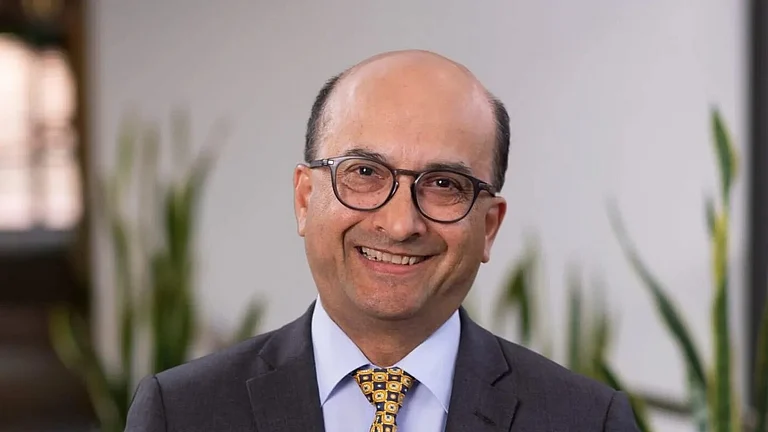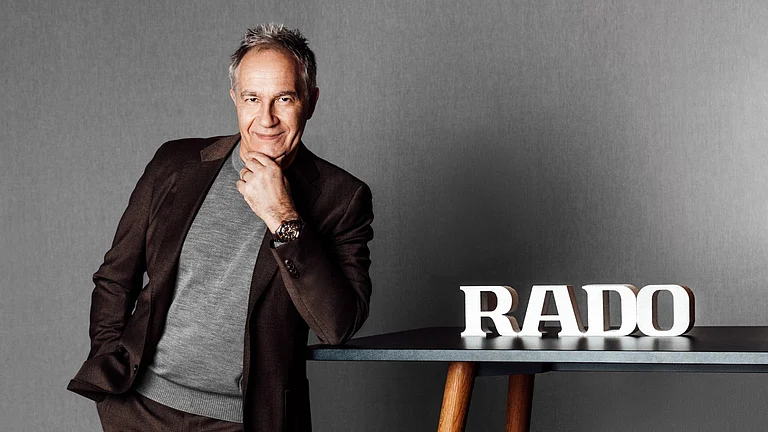Not many would like to remember the kind of start 2016 took; the stock market plunged at the beginning of the year. The year gone by was also categorised as a critical year for reforms and implementation of the measures announced by the government previously. The implementations of seventh pay commission and the passage of the GST Bill were some of the bright spots in the previous year. In 2016, domestic economic news, however, was dominated by the seemingly unavoidable events around the globe. The global events like Brexit, volatile crude oil prices, pressure on the advanced and emerging economies due to slower global growth were amongst the many concerns various economies faced. India, though impacted by global events, saw positive domestic indicators and structural changes that worked in her favour. While the Indian fixed income markets moved relative to market sentiment on account of positive data, equity markets produced disappointing returns and have left investors still struggling to generate positive returns.
Going forward, global growth looks to be at an inflection point and India will remain no different, albeit it is expected to continue to grow faster than most other economies. Traditional economic indicators combined with insights and expectations from many market participants point to an uptick in the year ahead. The fixed income market is expected to take the centre stage in 2017 and is expected to be the primary driver of markets on account of better governance and a stringent control by the Reserve Bank of India.
The recent activity of demonetisation of currency by the Indian government is likely to create demand disruptions over the next couple of quarters. This will impact the earnings of the Indian corporates and the estimates for FY17 and H1FY18 with a downward bias. However, the market seems to be discounting the reduced earnings currently.
Going ahead, the macro indicators like fiscal deficit and inflation are expected to be hugely positive and likely to impact the direction of the interest rates in the country. Lower interest rates could be the next big trigger for equity markets positively impacting the balance sheet of many corporates. The only risk other than the slowing corporate earnings in the near term could be from the uncertainty surrounding the trade policies of US President elect Donald Trump, which could throw up some negative surprises. The finance budget is likely to be growth oriented and market participants expect tax rationalisation. Overall, the economy could be considered to be in a bright spot in the slowing global world. The building blocks required for a sustainable economy seem to be in place. We believe that at this juncture, market recovery is more of a ‘when’ rather than ‘if’.
Ravi Gopalakrishnan is Head—Equities, Canara Robeco Mutual Fund


























